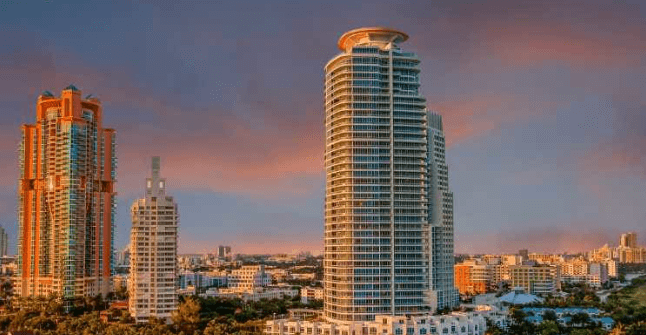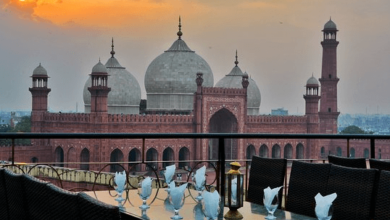Trends Shaping Residential Developments in 2024 and Beyond

Trends heavily influence the future of housing. Several vital trends emerge as society navigates through 2024 and beyond, reflecting changing lifestyles, technological advancements, and environmental consciousness. These advancements in residential developments transform homes into intelligent, efficient, and interconnected spaces. For instance, companies such as Reza Developments spearhead the integration of cutting-edge technologies into their projects, guaranteeing that their properties align with the evolving needs and expectations of homeowners.
1. Sustainable Living
Sustainability takes center stage in residential developments, driven by a growing awareness of environmental issues. Builders and developers incorporate environmentally friendly elements like sustainable building materials, solar panels, and energy-efficient appliance materials to diminish carbon footprints and advocate for energy conservation.
2. Smart Home Technology
Incorporating smart home technology enhances convenience while also bolstering security and fostering energy conservation. With voice-controlled assistants, homeowners can effortlessly manage various aspects of their homes, from adjusting lighting to controlling security cameras. Automated temperature control systems optimise energy usage, contributing to cost savings and environmental sustainability. As residents increasingly embrace interconnected devices, smart homes become hubs of efficiency and innovation, reshaping how you live and interact with your living spaces.
3. Flexible Spaces
The concept of flexible spaces gains momentum, catering to diverse lifestyle needs and preferences. Multi-purpose rooms and convertible furniture allow residents to adapt their living spaces to accommodate work, leisure, and social activities, promoting versatility and functionality in residential design.
4. Wellness Amenities
Wellness amenities become integral to residential developments, prioritising residents’ physical and mental well-being. From fitness centers and yoga studios to meditation gardens and wellness spas, developers create environments that foster holistic health and promote active living.
5. Co-Living Spaces
Co-living spaces emerge as a solution to housing affordability challenges and the desire for community engagement. Shared living arrangements, communal facilities, and social events foster a sense of belonging and camaraderie among residents, catering to urban dwellers seeking affordable, sociable living options.
6. Green Spaces and Biophilic Design
Incorporating biophilic design principles and green spaces enriches residential environments, reconnecting residents with nature amidst urban settings. Rooftop gardens, vertical greenery, and natural light promote well-being, reduce stress, and enhance the aesthetic appeal of residential developments.
7. Accessibility and Inclusivity
Accessibility and inclusivity take precedence in residential developments, ensuring equal access and usability for individuals of all ages and abilities. Universal design features such as wheelchair ramps, wider doorways, and accessible amenities accommodate diverse needs, fostering inclusivity and promoting social equity.
8. Modular Construction
Modular construction methods gain traction in residential developments, offering efficiency, cost-effectiveness, and design flexibility. Prefabricated modules are manufactured off-site and assembled on location, reducing construction time, minimising waste, and delivering quality-controlled housing solutions.
9. Urban Revitalisation Projects
Urban revitalisation projects breathe new life into neglected neighborhoods and metropolitan areas, revitalising communities and stimulating economic growth. Adaptive reuse of historic buildings, mixed-use developments, and placemaking initiatives contribute to vibrant, sustainable urban environments that attract residents and businesses alike.
10. Health and Safety Measures
These health and safety measures go beyond addressing immediate concerns, contributing to the overall well-being of residents. Developers guarantee optimal indoor air quality by installing advanced ventilation systems, thereby mitigating the risk of respiratory problems and allergies. Touchless technologies minimise the spread of germs and enhance convenience and accessibility for residents of all ages and abilities. Additionally, rigorous sanitation protocols maintain cleanliness and hygiene throughout the residential environment, fostering a sense of security and comfort among residents.
The integration of sustainable practices not only minimises environmental impact but also reduces long-term costs for homeowners. Moreover, prioritising wellness and inclusivity fosters vibrant communities where residents can thrive physically, mentally, and socially. Companies, including Reza Developments, lead by example in implementing these principles. They contribute to creating enduring and harmonious residential spaces that cater to the diverse needs of modern society.



